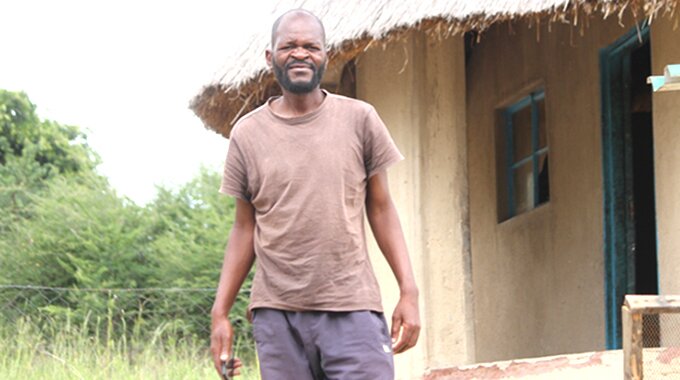Business Reporter
The Tobacco Industry and Marketing Board (TIMB) is validating the value of inputs and quantities given to farmers this season to ascertain if contractors complied with required minimum support levels, its chief executive Dr Andrew Matibiri said.
Under the new contract funding regulations, tobacco contractors are required to provide inputs worth US$500 per half-hectare for small holder farmers and US$4 000 for large-scale growers in a move expected to boost productivity.
Tobacco is the country’s second largest export earner after gold. This year, output declined to 183 million kg, a 27 percent drop from a record 252 million kg last year.
While the effects of climate change is regarded as a major contributor to poor yields, agricultural analysts say inadequate agronomy support takes a fair share of the blame.
Advertisement
The new funding regulations are expected to flush out errant merchants who have been inflating investment figures or register growers who would have not been supported.
About 95 percent of tobacco farmers are funded by contractors because the majority lack collateral such as land titles to borrow.
Under the contract arrangement, contractors recover their money from earnings through a stop order facility.
In the previous seasons, there had been a spike in the number of contractors accused of underfunding farmers, but deduct substantial amounts from proceeds of the crop.
November 30 was the deadline for contractors to declare a complete schedule of inputs and costs to the TIMB. Dr Matibiri said a “thorough” validation exercise was underway to ascertain if contractors complied with the required financing regulations.
“We are doing a thorough verification to see if contractors followed the regulations,” Dr Matibiri said.
“In cases where the costs of inputs are inflated, the contractor will only recover the actual value of the inputs provided as ascertained by the TIMB. And in cases where contractors’ databases have people not contracted, those will be immediately de-registered and appropriate action will be taken against the merchants.”
Dr Matibiri said the new regulations would ensure adequate agronomy support to farmers adding this would translate to better yields. The minimum packages include seed, fertilisers, chemicals, tillage, and harvesting, curing and marketing resources.
Farmers say one of the major reasons for constrained productivity was poor inputs support.
“For instance, with adequate inputs, a farmer can produce 2 500kg of tobacco per ha but we are way below that. So what the TIMB did is what was supposed to be done and we have been calling for this for a long time,” Mr Paul Zakariya, executive director of Zimbabwe Farmers Union told The Herald Finance & Business yesterday.
Advertisement
He said since most banks were not giving out loans to individuals — preferring merchants who are taking the risk and on lend the farmers, “the contractors are cutting corners by minimising the inputs and maximise recoveries.”
He suggested that the TIMB should rope in other industry stakeholders such as Agritex (the Department of Agriculture, Technical and Extension Services) and farmer organisations in the validation exercise.
“As ZFU, we have structures that we can use in this validation exercise. We are represented from village level,” added Mr Zakariya.
Some critics of the inputs credit schemes say cosmetic financing has been one of the challenges of financing model not only in tobacco, but in other contracted agricultural commodities such as cotton were merchants just provide little support.
“Tobacco farmers have been short-changed for some time now and with these new regulations, what is now needed is proper enforcement,” said a senior official with one of the largest tobacco company who declined to be identified for professional reason.
– HERALD








